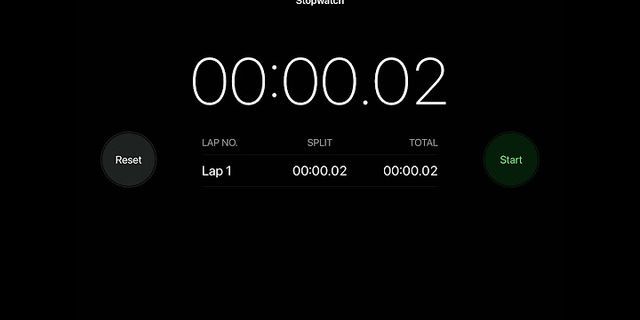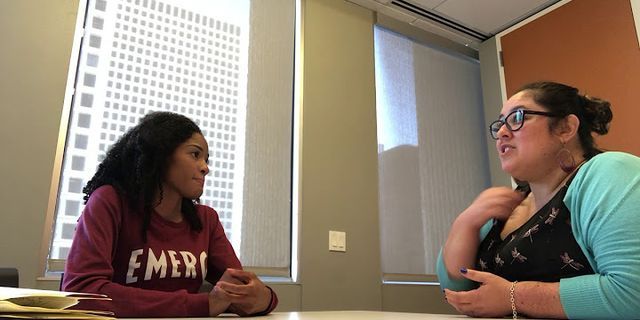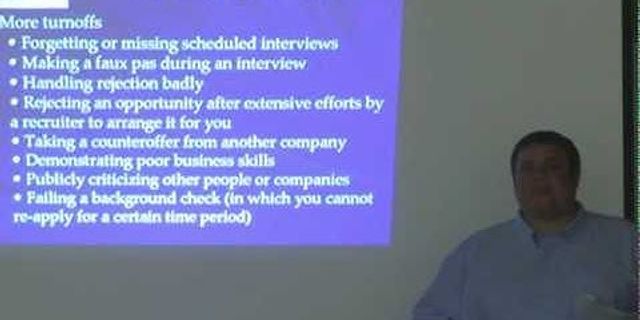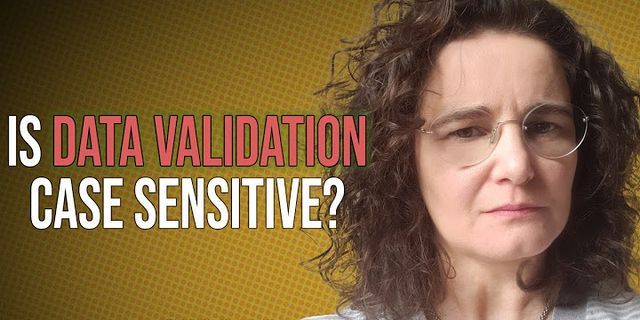 Loading Preview Sorry, preview is currently unavailable. You can download the paper by clicking the button above.
IJELLH Volume 7, Issue 2, February 2019 201 P. Balaje Assistant professor of English Erode Arts and Science College Erode, Tamil Nadu, India starbalajiba@gmail.com Dystopian Elements in George Orwell’s Nineteen Eighty-Four Abstract In the 21st century, we are facing so many issues like political and technological issues. The thread may cause not a politician but the people who were living in this country without any hope. George Orwell is one of the celebrated futuristic writers in the 20th century. His novel Nineteen Eight-Four gives a threatening to the future. In the totalitarian society the people cannot think by themselves, if anyone thinks it’s a thought crime, you don’t have rights to ask a question in your own government, if anyone does that’s offence. The police and the military were scrutinized all the time and the technology spies what the people doing (telescreen), what they speak (microphone) and whom to speak. The people can’t go out without government permission, you never make a conversation with anyone, even your co-worker. You don’t have the rights to love and had sex. You cannot decide anything on your own because the “Big Brother is Watching You”. Keywords: Totalitarianism, technology, physical control, fascism.
IJELLH Volume 7, Issue 2, February 2019 202 About George Orwell George Orwell published his books under the pseudonym of Eric Arthur Blair. Basically, he is an Indian and he moved into England, he worked as a journalist, political writer, novelist and essayist. His novel “Animal Farm” (1945) was the greatest totalitarian satirical novel and “Nineteen Eighty-Four” (1949) was the best dystopian novel in the British literature. Dystopia: The word “dystopia” is opposite to Thomas More’s “Utopia”. It was invented in the 19th century and 1921 the genre was redefined by Yevgeny Zamyatin. Yevgeny wrote the modern dystopian novel “We”, in this novel he attacked the Russian political system. Until 1993 the genre did not become popular, after 1993 the term dystopian getting more popular, young authors were attracted by this genre on the arrival of the novel “The Hunger Games” Totalitarianism: According to Britannica.com, “Totalitarianism is a form of government that theoretically permits individual freedom and that seeks to subordinate all aspects of individual life to the authority of the state”. Critical Analysis and Dystopian elements: Winston Smith is one of the members of the ruling party in London, in the nation of Oceania. His every action has been watched by the ruling party even his home, with using the telescreen. The ruling party of Oceania watching their people’s activities and controls everything in Oceania. The party controlled their language and culture of their own. The party forcing the implementation of a conceived language called Newspeak. At the beginning of the novel. Winston feels frustrated by the oppression and firm control of the party, which prohibits free thought, love and sex. Winston disliked the party and he purchased a diary illegally to write his thoughts about the party. He liked his party member named O’Brien because he believes that he is a secret member of the Brotherhood, the
IJELLH Volume 7, Issue 2, February 2019 203 mysterious, legendary group that works to take over the party. Winston works in the Ministry of Truth, where he alters historical records to fit the requirements of the party. He notices a co- worker, a charming dark-haired lady, staring at him, and worries that she is an informant, who will turn him in for his thoughtcrime. He is disturbed by the Party’s control of history: The Party claims that Oceania has always been allied with Eastasia in a war against Eurasia. He knows that it was not true. The party’s alleged leader of the Brotherhood is Emmanuel Goldstein, is the most dangerous man alive. Most of the evening times Winston spends the poorest neighbourhoods in London where the proles or proletarians lives. After a few days later, Winston receives a letter from a lady whom he met in his office as a co-worker and it reads “I love you” and her name Julia. He afraid of thought police and they both love each other then they rented a room above the second-hand store in the prole district, where he purchased the diary. The relationship lasts for some time, he knows that one day he caught to the party sooner or later. Winston receives a message from their party member O’Brien, the message says “O’Brien wants to see him”. Winston and his better half Julia both were travelled to O’Brien’s luxurious apartment. O’Brien confirmed that Winston hates the party, and says that he as a member of the Brotherhood, he gives Winston a copy of Emmanuel Goldstein’s book, the manifesto of the Brotherhood. He starts to read the book and suddenly, soldiers barge in and seize them. Mr Charrington, the owner of the store, is discovered as having been a member of the Thought Police. Julia is took away to the Ministry of love. Winston committing a big mistake that rebellion against the party, he sends jail, to torture him and brainwashing. O’Brien sends him to the dreaded Room no 101, the final destination for anyone who opposes the Party. O’Brien now leashes a cage full of rats onto Winston’s head and prepares to allow the rats to eat his face. Winston shatters, entreating with O’Brien to do it to Julia, not to me.
IJELLH Volume 7, Issue 2, February 2019 204 Winston’s spirit has broken entirely, he is released to the outside world. Again, he meets Julia but no longer feels anything for her. He has accepted the Party entirely and has learned to love “Big Brother” in future. In this paper going to analysis the important elements in dystopian literature, and guides the reader. The elements here we discussed are the dangers of Totalitarian, psychological manipulation, physical control, control of Information and History, and technology. Official slogans of the party are, “war is peace freedom is slavery ignorance is strength” Dangers in totalitarian is the first element in this analysis, Nineteen eighty-four is a political and dystopian novel written with the purpose of warning readers in the England of the dangers of totalitarian government. Orwell designed Nineteen eighty-four to sound the alarm in Western nations still unsure concerning the way to approach the increase of communism. However, he was deeply disturbed by the widespread cruelties and oppressions he ascertained in communist countries and appears to possess been significantly involved by the role of technology in enabling oppressive governments to observe and manage their voters. In this novel, George Orwell portrays the perfect totalitarian society, the most extreme realization imaginable of a modern government with absolute power. The title of the novel was meant to point to its readers in 1949 that the story portrayed a true chance for the close to future: if totalitarianism weren't opposed, the title recommended, some variation of the world described in the novel could become a reality in only thirty-five years.
IJELLH Volume 7, Issue 2, February 2019 205 As the reader involves perceive through Winston’s eyes, The Party uses a variety of techniques to manage its voters, each of that is a very important theme of its own in the novel. The second element in the analysis is psychological manipulation, the Party bombardments its subjects with psychological stimulus designed to overwhelm the mind’s capacity for independent thought. The giant telescreen in each citizen’s area blasts a relentless stream of information designed to create the failures and shortcomings of state showing to win successes. The telescreens to boot monitor behaviour—everywhere they go, voters ar ceaselessly prompted, especially by means of the omnipresent signs reading “BIG BROTHER IS WATCHING YOU,” that the authorities are scrutinizing them. The Party undermines family structure by inducting children into an organization called the Junior Spies, which brain-washes and encourages them to spy on their parents and report any instance of disloyalty to Government. The ruling Party additionally forces people to suppress their sexual wishes, treating sex as just a generative duty whose finish is that the creation of latest Party members. The Party then channels people’s inhibited frustration and feeling into intense, fierce displays of hate against the Party’s political enemies. Many of those enemies are fictional by the Party expressly for this purpose. The third element in the analysis is physical control, in addition to manipulating their minds, the ruling Party also controls the bodies of its subjects. The Party perpetually watches for any sign of infidelity, to the point that, as Winston observes, even a tiny facial twitch could lead to an arrest. A person own nervous becomes his greatest enemy. Anyone United Nations agency will manage to defy the Party is chastened and “re-educated” through systematic and brutal torture. By learning the minds of their victims with physical torture, the Party is ready to regulate reality, convincing its subjects that “2 + 2 = 5”.
IJELLH Volume 7, Issue 2, February 2019 206 “In the end the Party would announce that two and 2 created 5, and you would have to believe it. It was inevitable that they should make that claim sooner or later: the logic of their position demanded it”. The fourth element in the analysis is Control of information and history, the ruling Party controls every source of information, managing and rewriting the content of all newspapers and histories for its own ends. “who controls the past controls the future who Controls the present controls the past” The Party doesn't permit people to stay records of their past, like images or documents. By dominant the current, the Party is ready to govern the past and in dominant the past, the Party will justify all of its actions within the gift. The fifth and the last element in the analysis is technology, by means of telescreens and hidden microphones across the city, the ruling Party is able to monitor its members almost all of the time. Furthermore, the Party employs erudite mechanisms (1984 was written within the age before computer invention) to exert large-scale management on economic production and sources of data and dreaded machinery to inflict torture upon those it deems enemies. 1984 reveals that technology, that's largely perceived as in operation toward sensible moral, might facilitate the foremost diabolical evil. Conclusion In the last half, Orwell’s most significant messages in 1984 is that language is of central importance to human thought as a result of it structures and limits the ideas that people are capable of formulating and expressing. If control of language were centralized in a very
IJELLH Volume 7, Issue 2, February 2019 207 political agency, the writer proposes, such workplace may presumably alter the terrible structure of language to create it not possible to even conceive of disobedient or rebellious thoughts as a result of there would be no words with that to assume them. This idea manifests itself within the language of newspeak, that the Party has introduced to interchange English. The ruling Party is consistently refinement and perfecting newspeak, with the final word goal that nobody is capable of conceptualizing something that may question the Party’s absolute power. Interestingly, several of Orwell’s ideas regarding language as a dominant force is changed by writers and critics seeking to handle the inheritance of victimization. During colonial times, foreign powers took political and group action of distant regions and, as a locality of their occupation, instituted their own language as a result of the language of state and business. Postcolonial writers typically analyse or redress the harm done to native populations by the loss of language and also the attendant loss of culture and historical association. In this relevance to the lives of contemporary readers that prevents dystopian fiction from even being an important branch of literature. The world remains us the word “fascism”, the dictatorship. The thought police agency was controlled by peoples thought and they physically control their activities. The technology has horrified each one of the citizens. The Party’s official slogan that written everywhere “Big Brother is Watching You”.
IJELLH Volume 7, Issue 2, February 2019 208 References https://www.planetebook.com/free-ebooks/1984.pdf https://www.cliffsnotes.com/literature/n/1984/1984-at-a-glance https://literarydevices.net/dystopia/ https://www.britannica.com/topic/totalitarianism https://www.biography.com/people/george-orwell-9429833 |




















